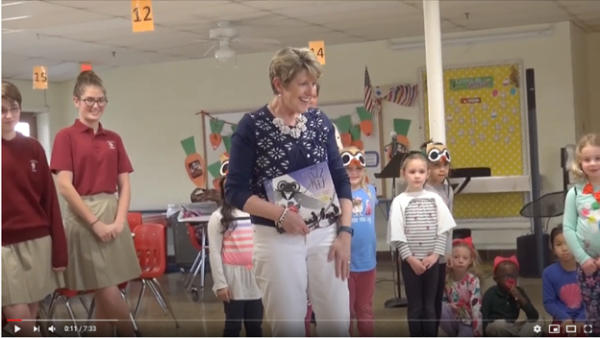
Since spring, with schools closed due to the new Coronavirus, teachers and librarians have taken to story time by remote. And my in-box has been filled with requests from around the country for permission to read my books, including The Jazz Fly musical books, online. Thank you, everyone, for your ingenuity and interest! For reference, this post will describe situations in which my publishing company, Tortuga Press, grants such permissions. (Feel free to share it with colleagues voicing concern!) I will also include some basics about “fair use” and a link to more detailed information about copyrights.
Permission to share with your learning community: Can you share my books with your students or library patrons by remote via Class Dojo, Google Classroom, etc.? The answer is ZA-ba-ZEE! (That is how The Jazz Fly would say “YES!”) Playing the audio and turning the pages, or reading my books in your own voice, is fine. Tortuga Press sees this as an extension of story time in your classroom or library—and as a way to share books safely in the Covid19 era. If you do share my books, please send me a link as I know that would brighten my day. At some point, I may even be able to coordinate with you for a follow-up author talk by remote!
When it comes to social media: Like most publishers, Tortuga Press needs to grant permission when it comes to reading entire books publicly on social media. At issue with sharing books on social media is the intended audience: say, under 100 children within a school or library online community vs. a much more diffuse audience worldwide. The latter could lead, effectively, to the publisher’s losing control of digital rights. Remember, publishers need to be able to earn something on their books to pay authors and illustrators and cover their many production costs! So if you’d like to publicly share one of my entire books on social media, please ask permission first by sending an email info@tortugapress.com. Note that no permission is required for quoting or reading a small portion of a book on social media, as this is considered fair use. (More about fair use below.)
When it comes to dramatic rights: Another situation warranting permission from publishers is called “dramatic rights” or the OK to put on a play or film based on their book. Publishers almost always grant an enthusiastic yes, though they may charge a licensing fee if, say, you are a theater organization. When schools ask about creating plays based on my books, Tortuga Press may even provide slides and audio files to help the school put on a better show!
What is “fair use”? According to attorney Richard Stim in his book Getting Permission (Nolo), “fair use is any copying of copyrighted material done for a limited and ‘transformative’ purpose, such as to comment upon, criticize, or parody a copyrighted work.” So if you quote an author in your research paper, written review or video blog, etc., that’s fair use provided you cite your source. My quotation of Mr. Stim just now was fair use. I quoted a small portion of his work to share knowledge, and I certainly didn’t claim his words as my own. (It’s always a good idea to credit the author and illustrator when presenting or quoting from a picture book!)
For a more detailed and authoritative discussion for teachers concerning copyright, fair use and primary sources, click here.
Conclusion: Sharing my books with a limited online community such as your library, school, or private reading group, is fine by Tortuga Press. (Other publishers, however, may feel differently about their books.) But before sharing anyone’s entire book publicly on social media, or producing a dramatic play based on their book, you should first obtain written permission from the publisher. Children’s publishers like Tortuga Press can be especially enthusiastic. So when in doubt about copyrighted material, just reach out!
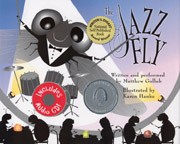
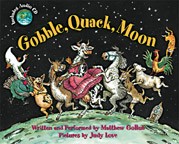
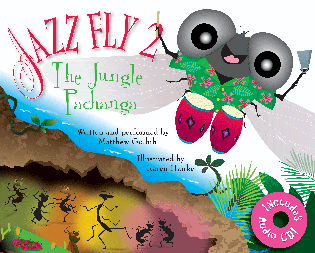
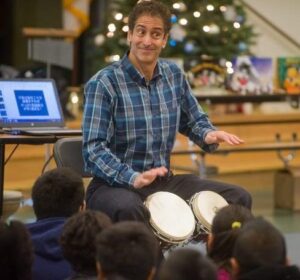 "Language, rhythm, color, life!"™
"Language, rhythm, color, life!"™